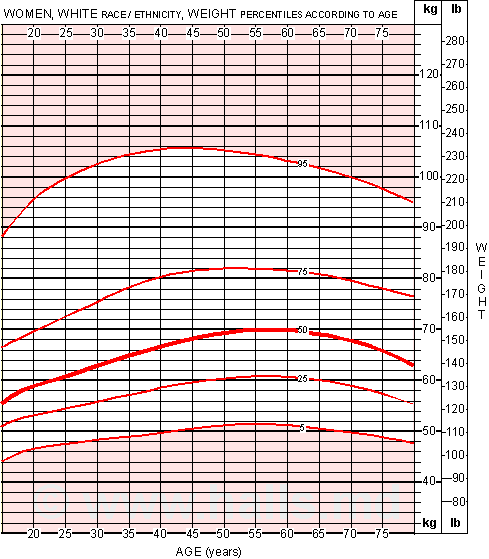Yesterday morning, Mother Jones reported that the morning-after pill—which is a higher-dose version of traditional contraception—may not be effective for women heavier than a certain weight (emphasis added):
The European manufacturer of an emergency contraceptive pill identical to Plan B, also known as the morning-after pill, will warn women that the drug is completely ineffective for women who weigh more than 176 pounds and begins to lose effectiveness in women who weigh more than 165 pounds. HRA Pharma, the French manufacturer of the European drug, Norlevo, is changing its packaging information to reflect the weight limits. European pharmaceutical regulators approved the change on November 10, but it has not been previously reported.
This development has implications for American women. Some of the most popular emergency contraceptive pills sold over the counter in the United States—including the one-pill drugs Plan B One-Step, Next Choice One Dose, and My Way, and a number of generic two-pill emergency contraceptives—have a dosage and chemical makeup identical to the European drug. Weight data from the Centers for Disease Control and Prevention (CDC) suggests that, at 166 pounds, the average American woman is too heavy to use these pills effectively.
These findings could impact on a significant slice of the female population. The chart below illustrates weight-for-age among white women in the US (there are also charts for black and Hispanic women). Eyeballing it, almost a quarter of women of childbearing age weigh more than 166lbs.
The actual research that this is based on is a little more nuanced and has some limitations. The focus on “weight” may be a bit misleading: though the study does examine weight as a variable, the authors focus more on BMI (weight for height). Risk of pregnancy is higher in women who are overweight or obese; some women are within a normal BMI range at the weight thresholds provided, though they’d need to be 5’9” or taller.
The number of pregnancies observed in the sample was small, and the number of overweight/obese women make up an even smaller fraction of that, which means that there are some statistical limitations. And it’s worth noting that this is a single analysis of two prior studies; its findings aren’t necessarily definitive.
Here’s an excerpt from the study’s discussion:
How should those of us who are advising women about EC interpret these findings? It is easy to identify women who are overweight, and we can advise them that they may be more at risk of EC failure and may suggest they use [more effective methods of emergency contraception, like an IUD]. In this study, in addition to exploring the effect of BMI on the risk of pregnancy after EC use, we have presented the results for weight since most women know their weight, while few would be able to tell a health provider their BMI. Moreover, a woman who weighs over 70 kg may have a low BMI if she is tall, but she would, nonetheless, be advised that she may be at greater risk of EC failure. It might be tempting to suggest doubling the dose of EC for women over 70 kg (as is advised for women on enzyme-inducing anticonvulsant drugs), but data are necessary to support such practice.
I want to key in on that last part. See, we already know that typical low-dose contraceptives—most birth control pills are “low-dose” now, to reduce side effects—are less effective in women who are overweight or obese. To address this, providers will prescribe formulations with higher hormone levels.
It’s a reasonable hypothesis that we’d see a similar mechanism at work with emergency contraception. “Plan B doesn’t work for women who are overweight, full stop”—which is how the Mother Jones story might be read by a layperson—is probably an oversimplification of the science. More likely (and less newsy): “We should reassess recommended dosage of emergency contraceptives to see if those recommendations should vary by weight.”
As the study authors note, we need more research before we can conclusively say as much, but it’s an important distinction. Remember: keep calm and collect more data.
Adrianna (@onceuponA)


